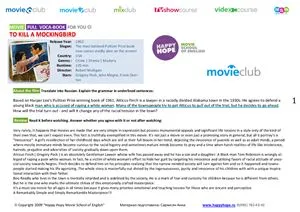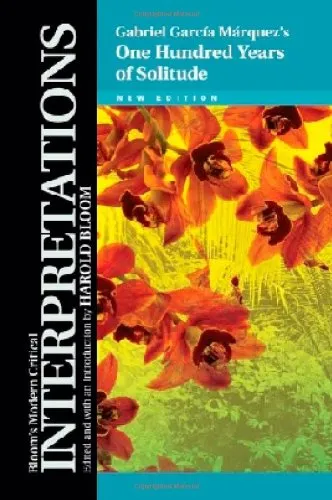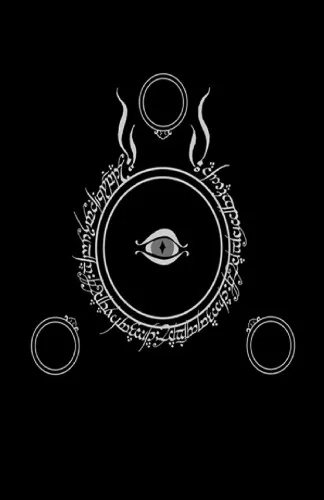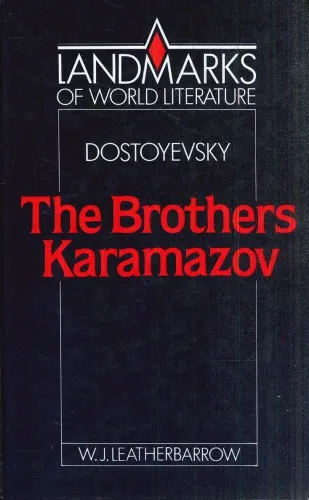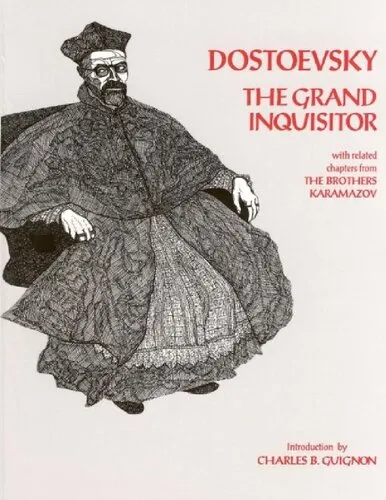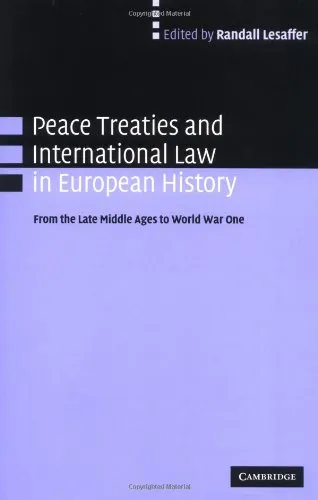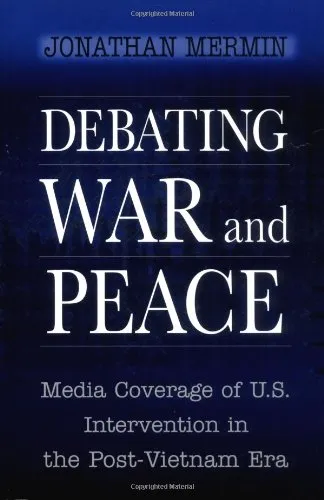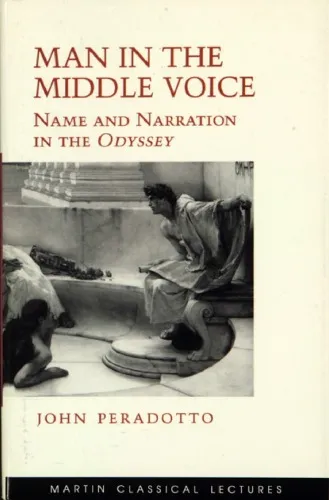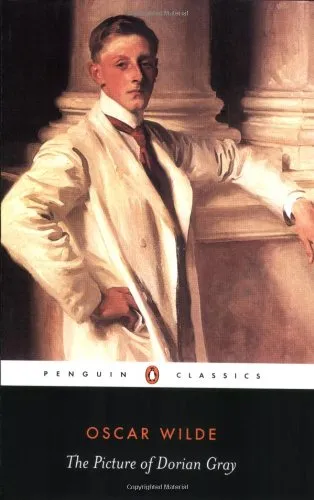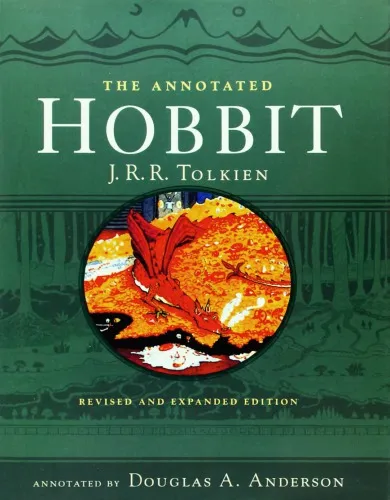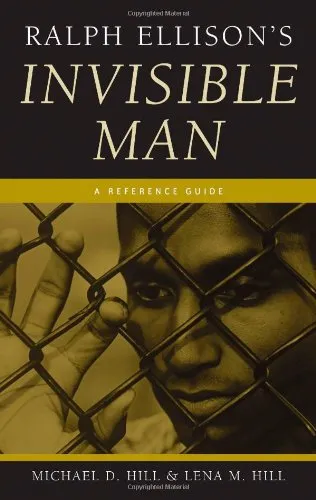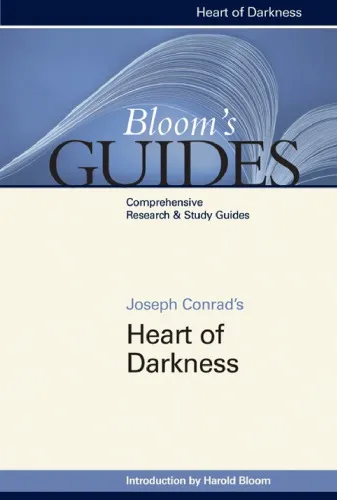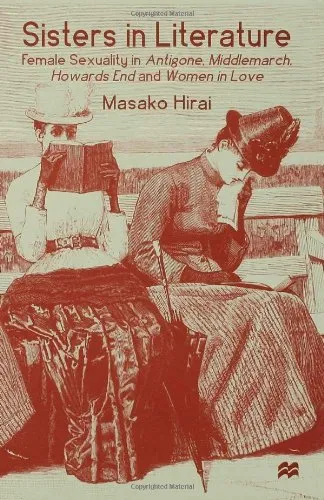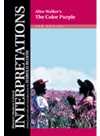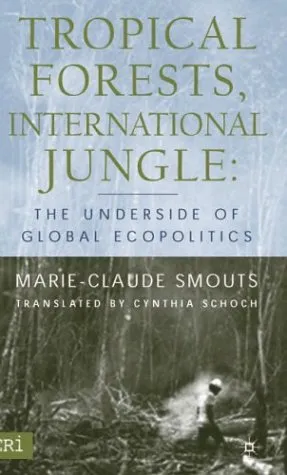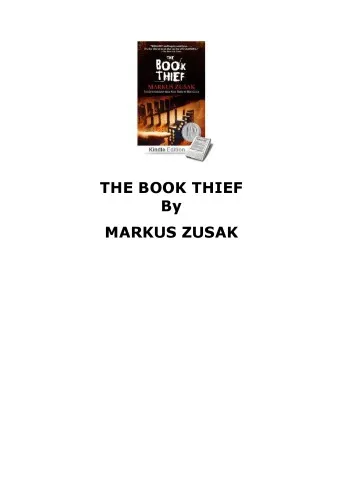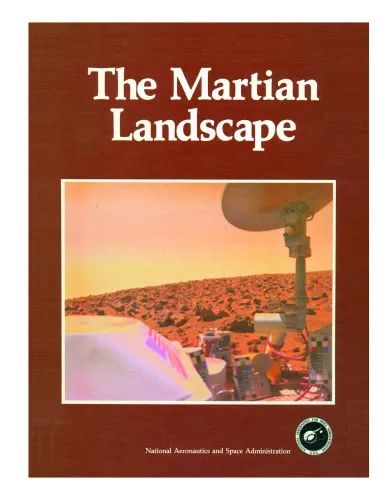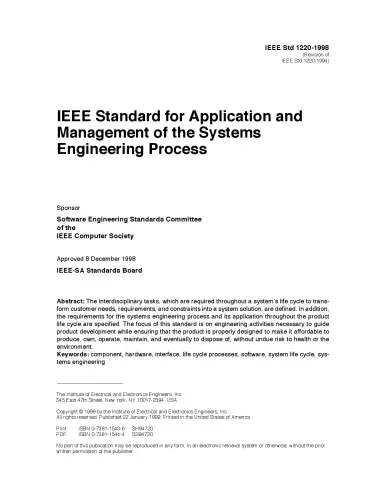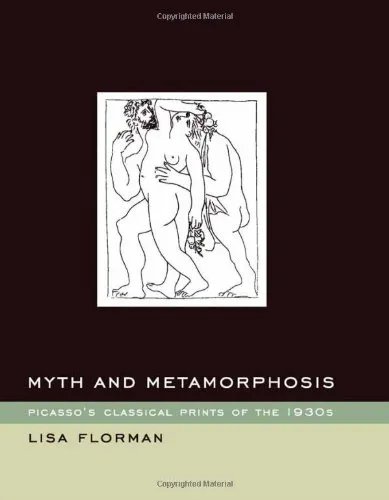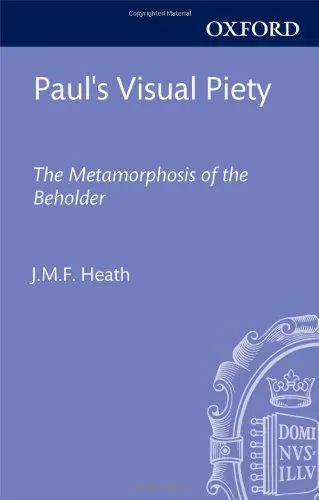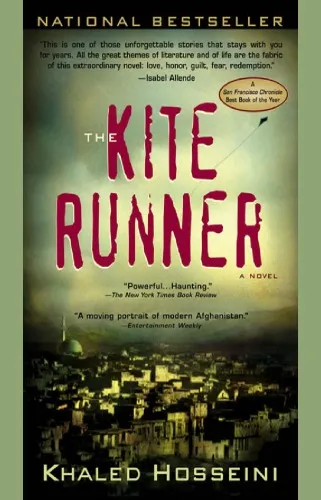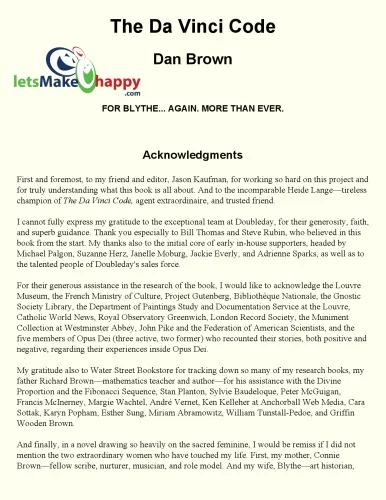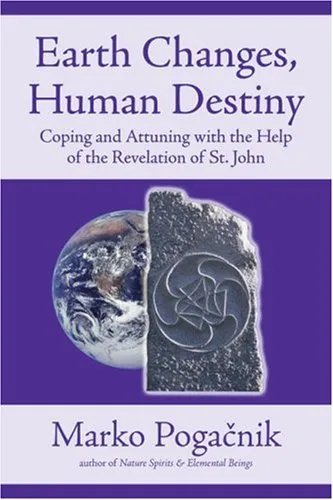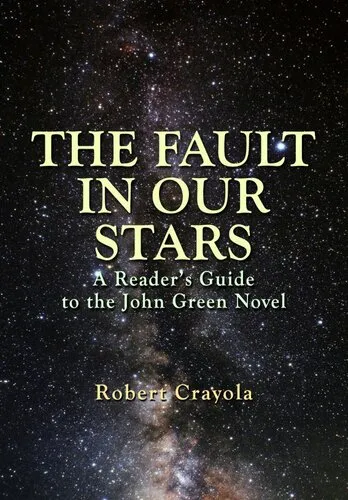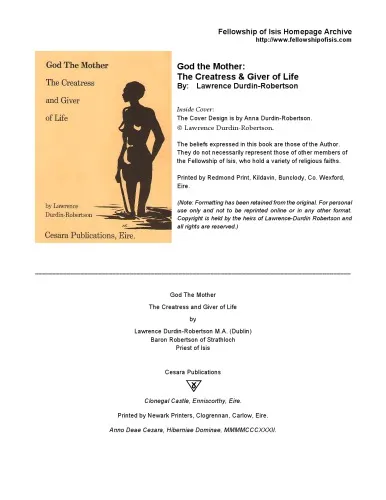To Kill a Mockingbird - Убить пересмешника
4.0
Reviews from our users

You Can Ask your questions from this book's AI after Login
Each download or ask from book AI costs 2 points. To earn more free points, please visit the Points Guide Page and complete some valuable actions.Related Refrences:
Persian Summary
Introduction to "To Kill a Mockingbird"
Harper Lee's "To Kill a Mockingbird" is a classic of modern American literature, cherished for its rich storytelling, complex characters, and profound themes of racial injustice and moral growth. Set in the racially divided American South during the Great Depression, this novel explores deep-seated social issues through the innocent eyes of a child. Initially published in 1960, it has since become a staple in educational curriculum worldwide, resonating across generations and igniting important conversations about race, ethics, and human nature.
Detailed Summary of the Book
"To Kill a Mockingbird" unfolds in the fictional town of Maycomb, Alabama, where six-year-old Scout Finch lives with her older brother, Jem, and their widowed father, Atticus Finch, a principled lawyer. The story is a journey through Scout's childhood innocence, interwoven with mature themes as she encounters the harsh realities of discrimination and human prejudice.
The central plot revolves around Atticus as he defends Tom Robinson, a black man falsely accused of raping a white woman, Mayella Ewell. Through Scout's narrative, Lee paints a vivid picture of the town's racial tensions and the injustices faced by African Americans. Simultaneously, the children's fascination with the reclusive Boo Radley evolves into a subplot, symbolizing judgments based on unfounded fears and stereotypes.
The trial of Tom Robinson is the crucible of the novel, revealing the moral fiber and flaws of Maycomb's residents. Despite Atticus's compelling evidence of Tom's innocence, the racial bias of the time leads to a guilty verdict, embodying systemic racism. The aftermath of the trial exposes Scout and Jem to the complexities of human nature and justice.
Key Takeaways
- Moral Courage: Atticus Finch embodies integrity and bravery, standing up for justice despite societal opposition.
- The Impact of Prejudice: The novel highlights the destructive nature of stereotypes and racial bias.
- Loss of Innocence: Through Scout and Jem, readers witness the transformation from naive childhood to a more nuanced understanding of morality and humanity.
- Importance of Empathy: Harper Lee underscores the significance of viewing situations from others' perspectives, promoting understanding and compassion.
Famous Quotes from the Book
"You never really understand a person until you consider things from his point of view... Until you climb inside of his skin and walk around in it." – Atticus Finch
"The one thing that doesn't abide by majority rule is a person's conscience." – Atticus Finch
"Mockingbirds don't do one thing but make music for us to enjoy. They don't eat up people's gardens, don't nest in corncribs, they don't do one thing but sing their hearts out for us. That's why it's a sin to kill a mockingbird." – Miss Maudie
Why This Book Matters
"To Kill a Mockingbird" holds a significant place in literature and society for its fearless examination of racism and morality. Harper Lee's portrayal of the fight against social injustices provides a timeless lens through which readers can reflect on contemporary issues of race, equality, and human rights.
Its enduring relevance stems from the novel's ability to foster empathy and critical thinking, encouraging readers to question societal norms and embrace diverse perspectives. By threading a narrative rich with warmth, humor, and earnest truth, Harper Lee compels us to confront our own preconceptions and consider the moral complexities that define our actions and beliefs.
Free Direct Download
You Can Download this book after Login
Accessing books through legal platforms and public libraries not only supports the rights of authors and publishers but also contributes to the sustainability of reading culture. Before downloading, please take a moment to consider these options.
Find this book on other platforms:
WorldCat helps you find books in libraries worldwide.
See ratings, reviews, and discussions on Goodreads.
Find and buy rare or used books on AbeBooks.
1472
بازدید4.0
امتیاز0
نظر98%
رضایتReviews:
4.0
Based on 0 users review
Questions & Answers
Ask questions about this book or help others by answering
No questions yet. Be the first to ask!
